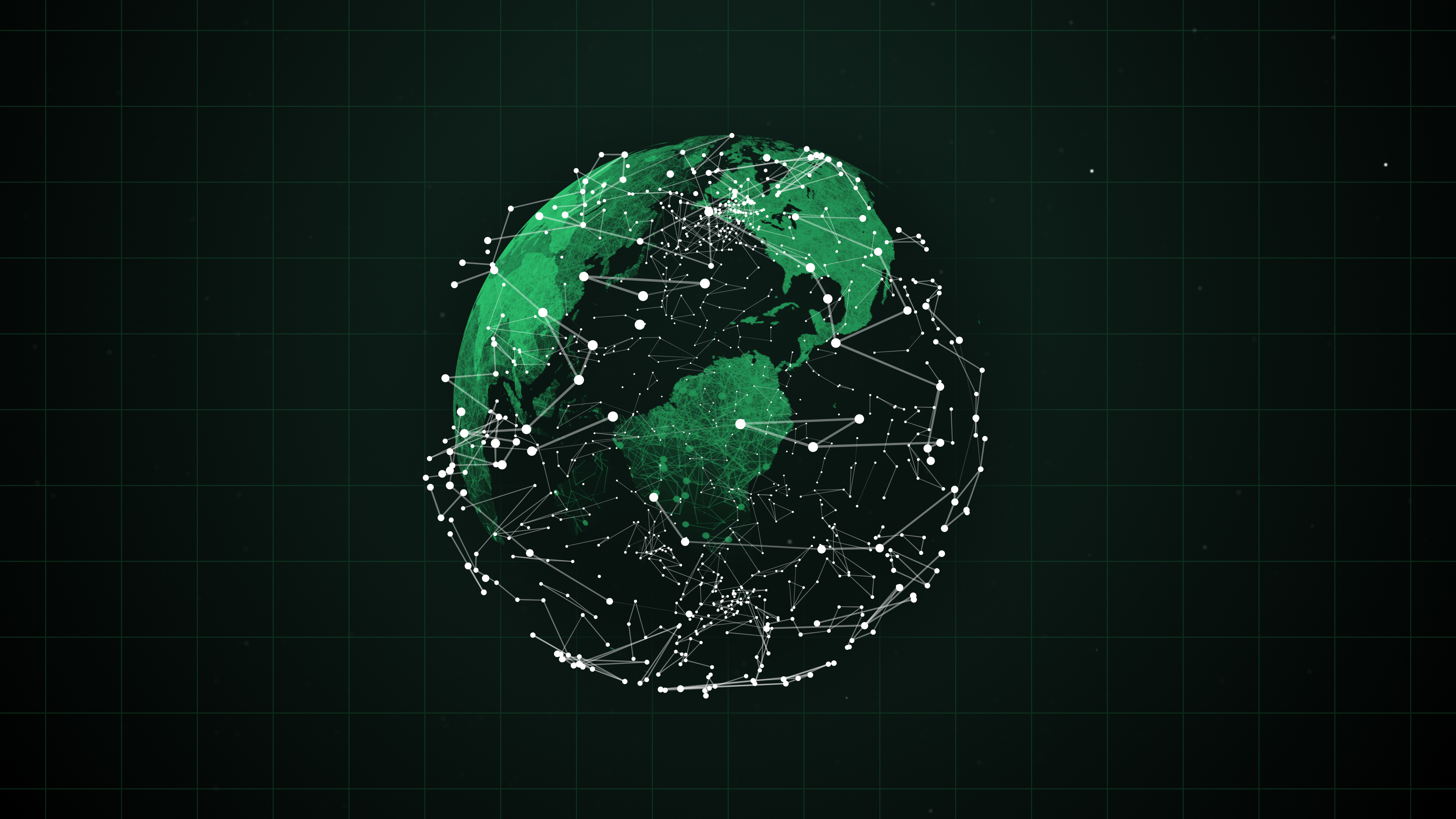
With International Customs Day on Sunday 27 January this year focusing on the role of Customs and trade in ‘fostering Sustainability for People, Prosperity and the Planet’, the unveiling of the EU’s new ‘Green Deal’ could be particularly pertinent moment.
Ahead of a free-to-attend ‘Breakfast Meeting’ he’s hosting to discuss the future role of Customs in ensuring environmental sustainability in global trade, our Vice President, Arne Mielken, discusses the potential implications of the EU’s new plans.
"The transformation ahead of us is unprecedented” - Ursula von der Leyen, President of the European Commission.
On 14 January 2020, the EU unveiled its financial plan for moving to a green economy and making the EU climate neutral.
While the Green Deal is aiming to achieve carbon neutrality in the European Union by 2050, the EU also recently increased its emissions reductions target for 2030 to between 50% and 55% compared with 1990 levels.
The European Green Deal covers all sectors of the economy including transport, energy, agriculture, and construction, and key industries such as steel, cement, ICT, textiles and chemicals.
To set into legislation the political ambition of becoming the world's first climate neutral continent by 2050, the Commission will present, within 100 days, the first ‘European Climate Law'.
To reach the climate and environmental ambition, the Commission will also present its Biodiversity Strategy for 2030, a new Industrial Strategy a Circular Economy Action Plan, the ‘Farm to Fork’ Strategy for sustainable food and proposals for a pollution-free Europe.
Work will immediately begin towards improving Europe's 2030 emissions targets, setting a realistic path to the 2050 goal.
Here are some noteworthy elements of recent communication:
A carbon border adjustment mechanism
Should differences in levels of ambition worldwide persist, as the EU increases its climate ambition, the Commission will propose a carbon border adjustment mechanism, for selected sectors, to reduce the risk of carbon leakage.
This would ensure that the price of imports reflect more accurately their carbon content. This measure will be designed to comply with World Trade Organization rules and the other international obligations that the EU has.
It would be an alternative to the measures that currently address risks of carbon leakage in the EU’s Emissions Trading System and has been announced for implementation in 2021.
EU trade policy & the ‘Green Deal’
Trade policy will support the EU’s ecological transition. It will serve as a platform for engaging with trade partners on climate and environmental action.
Commitments to sustainability have been continuously strengthened in EU trade agreements, in particular with regard to enhancing climate change action.
Chief Enforcement Officer
The Commission has also been stepping up efforts to implement and enforce the sustainable development commitments enshrined in EU trade agreements, and these efforts will be further enhanced with the appointment of a Chief Trade Enforcement Officer.
The Paris agreement will become an essential element of future comprehensive trade agreements
On climate change more specifically, the EU’s most recent agreements all include a binding commitment for all parties to ratify and effectively implement the Paris Agreement.
The Commission will propose to make fulfilling the Paris agreement an essential element for all future comprehensive trade agreements.
Full compliance
All chemicals, materials, food and other products that are traded within the European market must fully comply with relevant EU regulations and standards.
Interested in this article?
If you’re interested in the topics discussed in this article, why not discuss them with the author at a free-to-attend breakfast meeting in London on Monday 27 January?
The breakfast meeting will discuss the theme of sustainability in global trade, with Arne delivering a presentation titled ‘Carbon Border Tax, the new Customs Duty?’
More information: https://www.export.org.uk/news/485695/IOEIT-Vice-President-to-host-breakfast-meet-up-to-discuss-International-Customs-Day.htm
Further reading
https://ec.europa.eu/info/strategy/priorities-2019-2024/european-green-deal_en#documents
Press Release: https://ec.europa.eu/commission/presscorner/detail/en/IP_19_6691
Communication: https://ec.europa.eu/info/sites/info/files/european-green-deal-communication_en.pdf
Roadmap: https://ec.europa.eu/info/sites/info/files/european-green-deal-communication-annex-roadmap_en.pdf
What is Carbon leakage? https://ec.europa.eu/clima/policies/ets/allowances/leakage_en
This post was originally posted on ‘Customs Manager – A global community of empowered customs managers’, where Arne regularly blogs about important developments in global trade.



